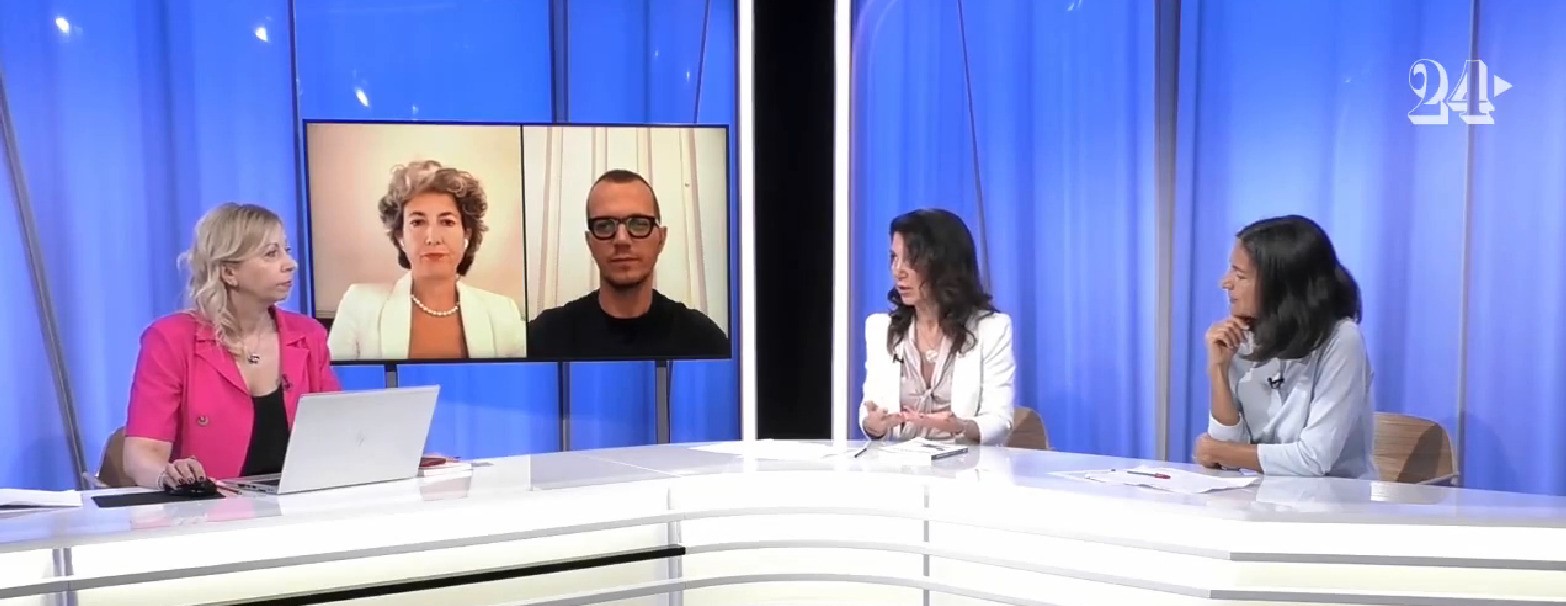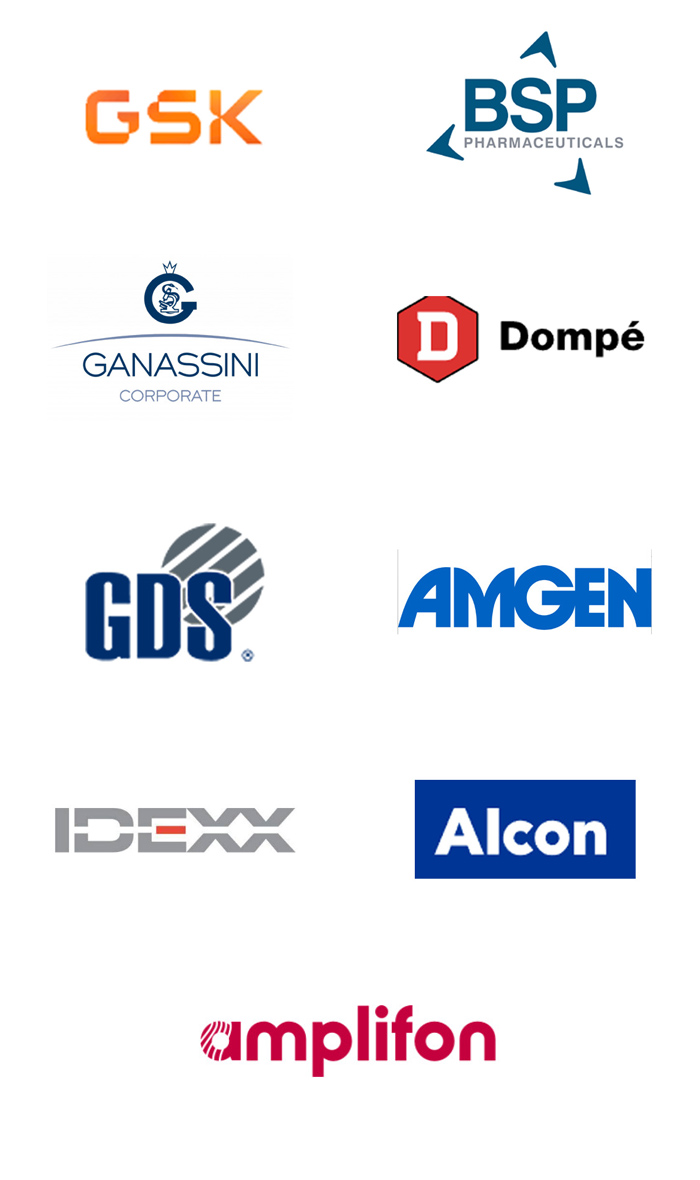
To mark the release of her book “Si fa presto a dire smart” (Smart Working Made Easy), our CEO Adele Nardulli joined Sole 24 Ore’s live webcast to discuss a pressing question: what has become of smart working after the pandemic?
Before Covid-19, smart working was a foreign concept to most, with only 570,000 people working remotely. However, quarantine measures caused a dramatic rise, with around 6.5 million employees working from home by March 2020.
Now, almost a year since the state of emergency ended, the number of remote workers has decreased to about 2.5 million, a significant drop that invites analysis.
During her interview with journalists Francesca Barbieri and Cristina Casadei, Adele shared success stories from 11 large and medium-sized companies — Barilla, Sanofi, Nestlé, Perfetti, Cimbali, Fastweb, Boiron, ExpRealty, Hinto, Koiné, and Mazars — as well as Landoor itself. These organisations started adopting flexible work models over 15 years ago, long before smart working became a buzz word.
Landoor, for example, needed an efficient way to collaborate with its international partners and was among the first SMEs to implement at the beginning of the century a model that seamlessly balanced work and personal life, viewing them as an inseparable unity rather than opposing forces.
Focus on Results
This innovative approach helped Landoor shift its mindset across all levels of the organisation, moving from a focus on desk time to a focus on results, from control to goals.
When asked about the current relevance of smart working, Adele clarified that it doesn’t mean working from home every day, 100% remote. At Landoor — and in all the companies interviewed — smart working is seen as a new work philosophy. Its aim is to enable everyone to work effectively towards shared business goals in a sustainable way for the company, the individual, and the environment. This includes having attractive work locations, such as co-working spaces closer to employees’ homes, team-building activities, and other social events as integral parts of the company ecosystem.
This vision turns smart working from a mere tool for work-life balance into an opportunity to bring jobs to remote areas, support young parents, caregivers, and people with disabilities. It becomes a vital strategy for companies looking to actively contribute to economic growth.
To watch the full episode, visit: [Sole 24 Ore Webcast](https://stream24.ilsole24ore.com/video/italia/che-cosa-resta-smart-working/AFV27bDB?refresh_ce=1)












